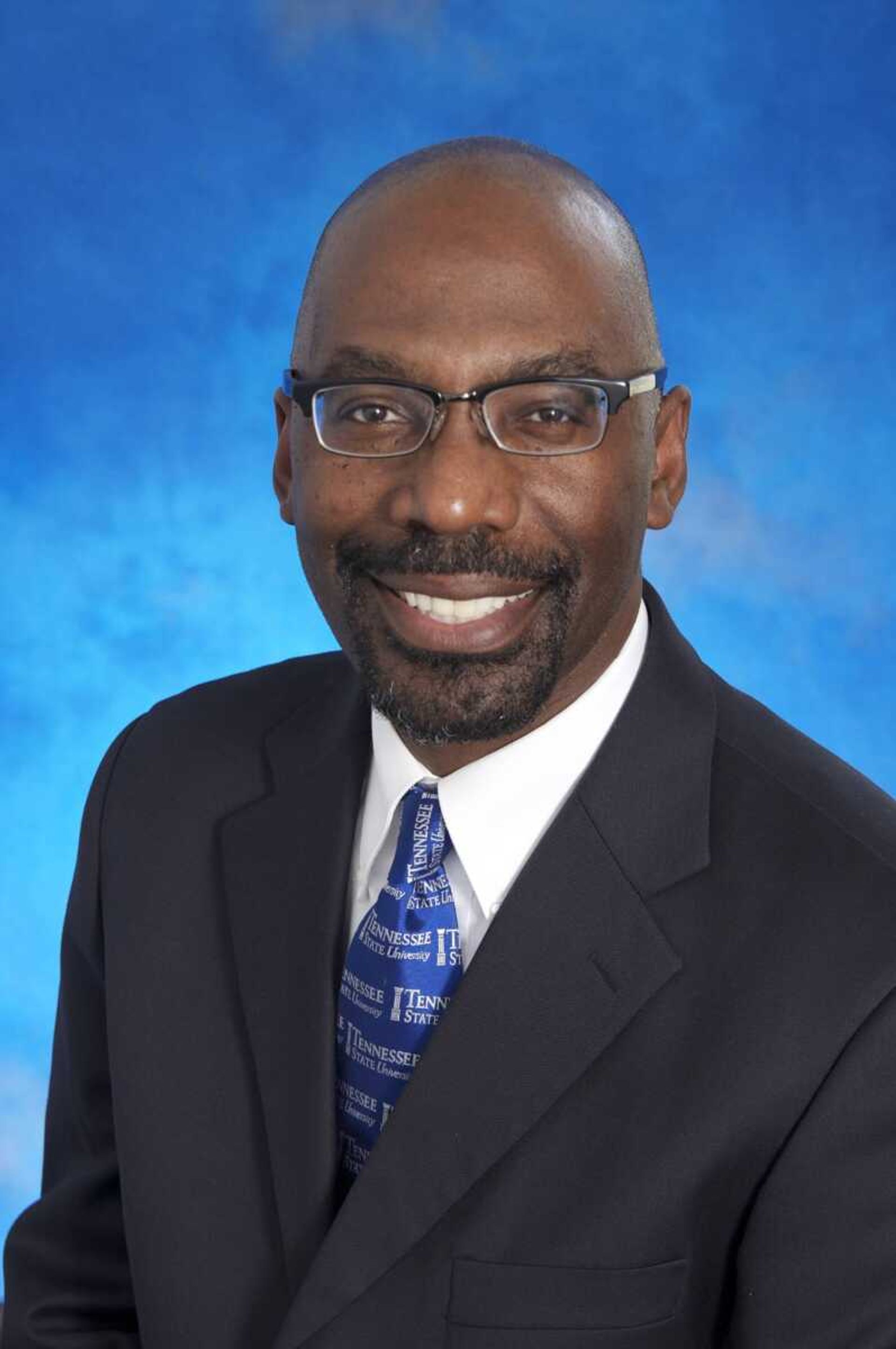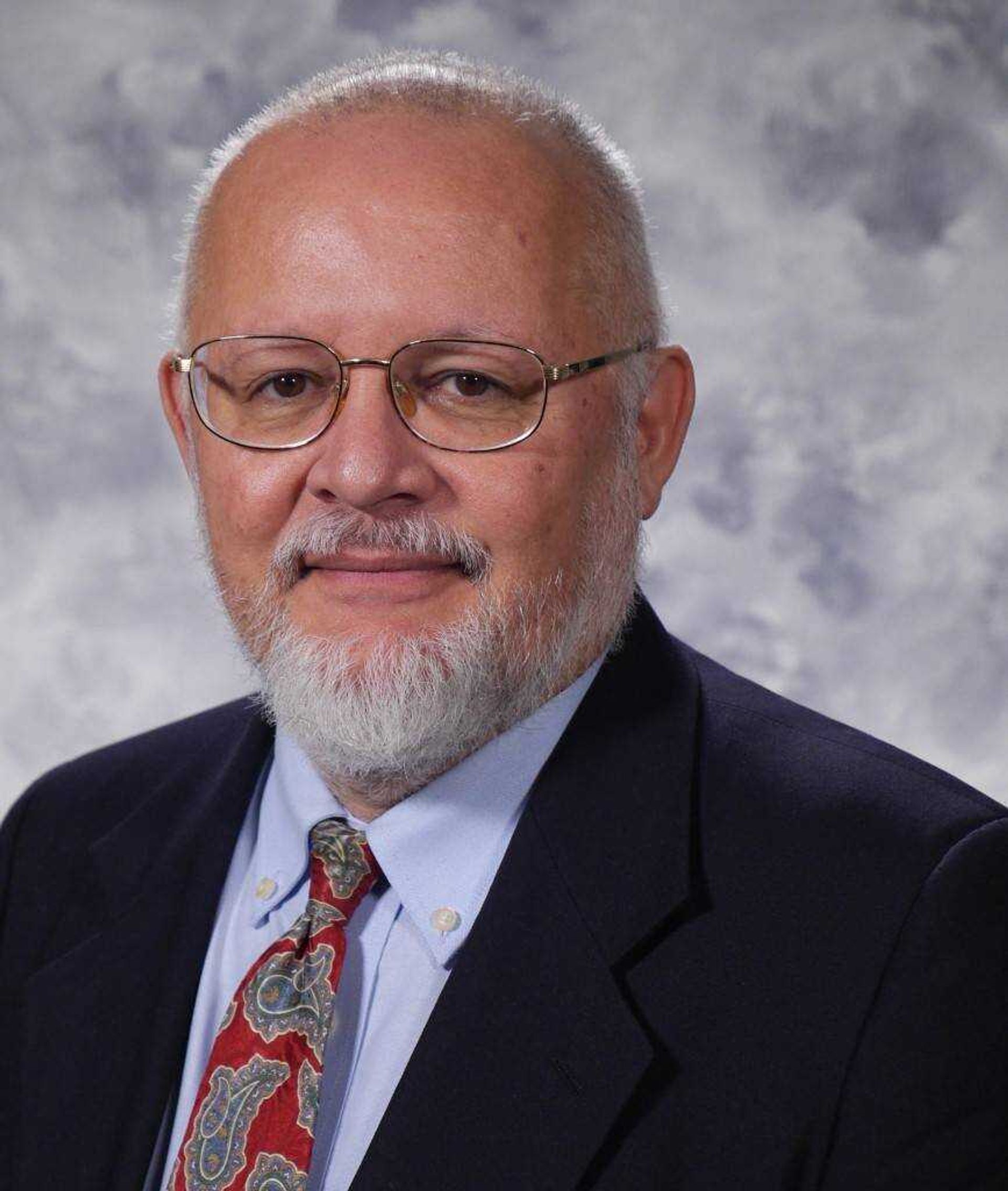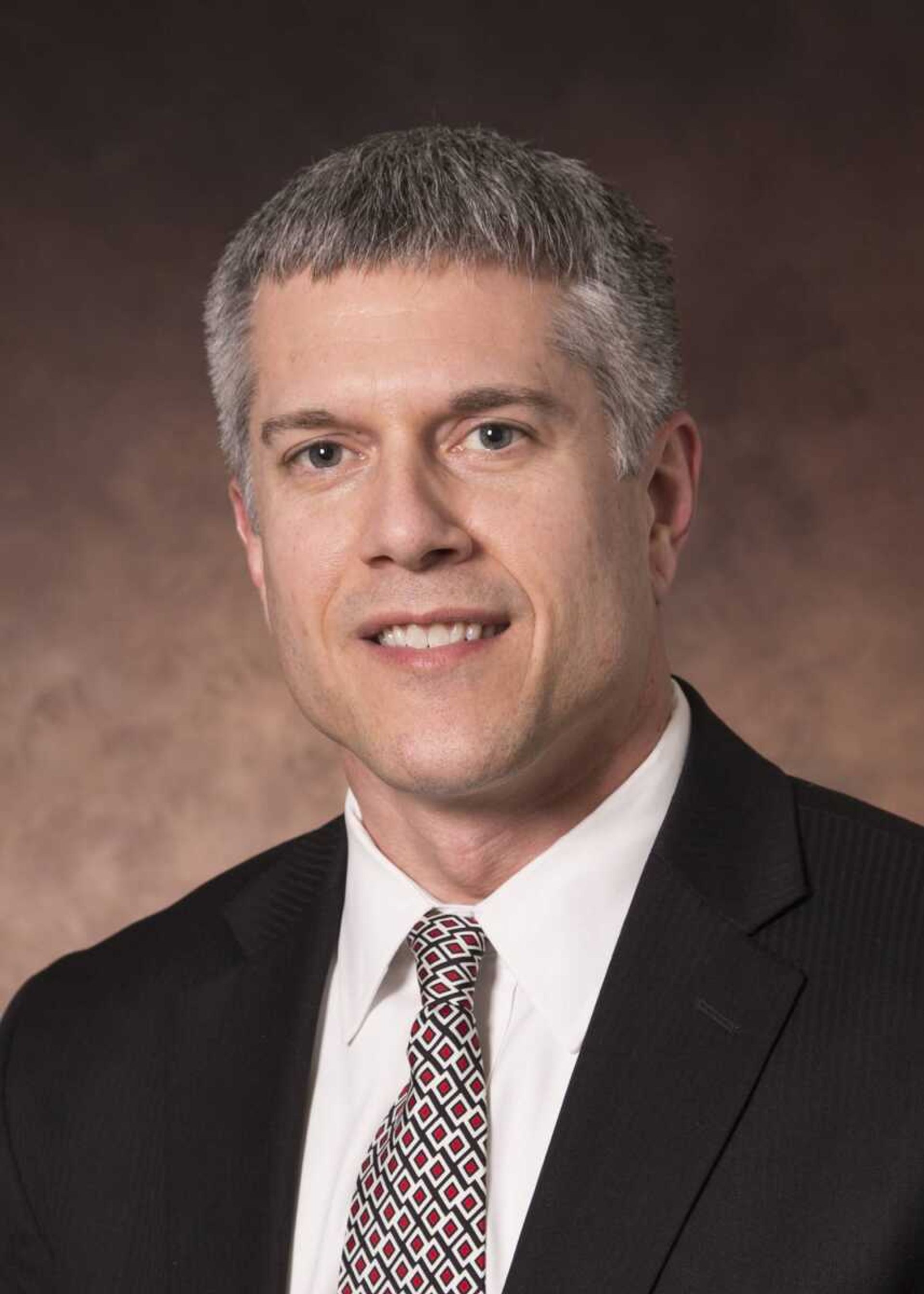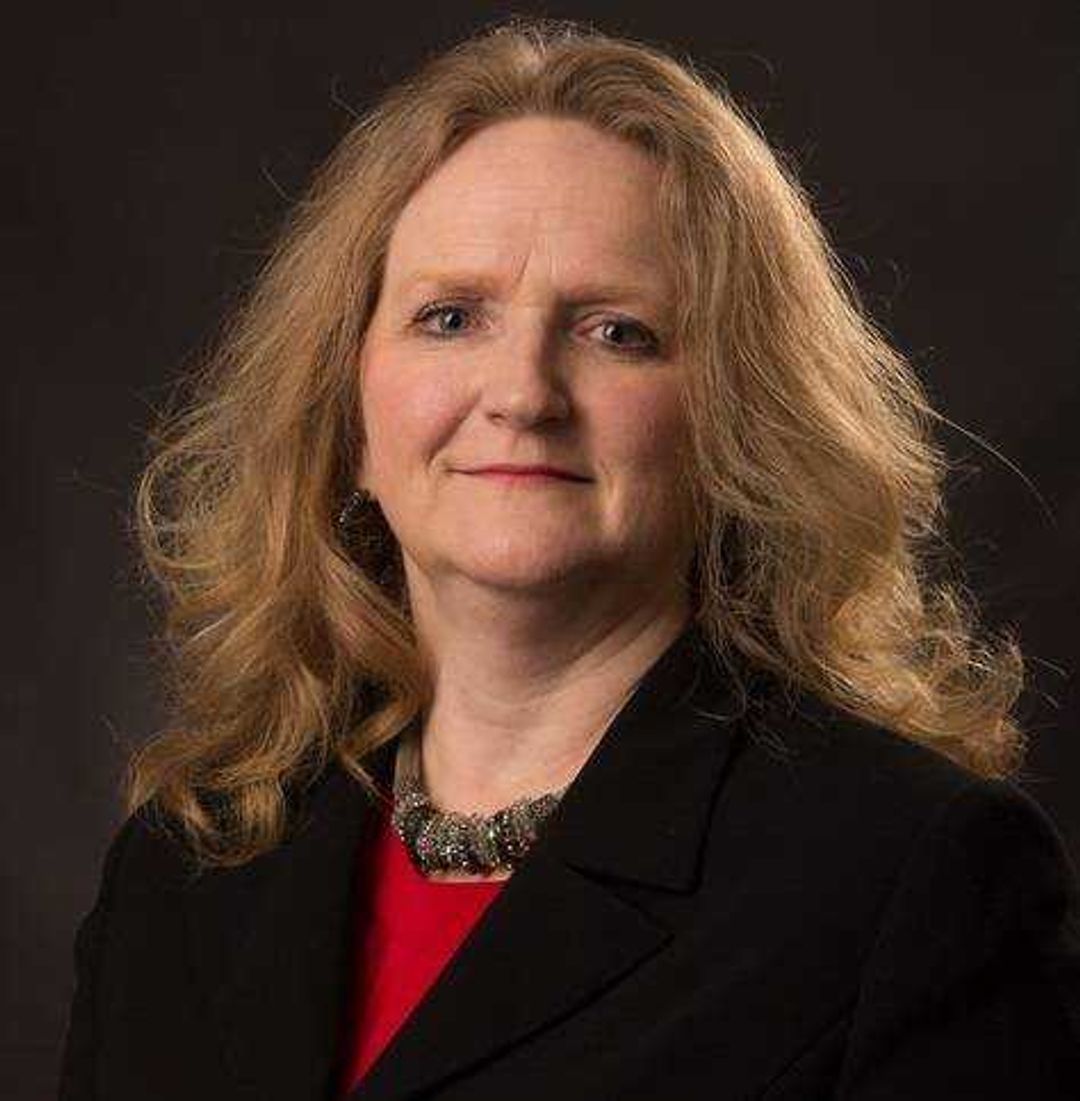Southeast’s search for a provost nearing an end
The Provost Search Committee selected four finalists for the provost position at Southeast and brought them to campus for a series of interviews starting the week of April 22. The four finalists are S. Keith Hargrove from Tennessee State University, Joao Sedycias from New Jersey City University, Michael P. Godard from the University of Central Missouri and Tamela Randolph, the current interim provost at Southeast...
The Provost Search Committee selected four finalists for the provost position at Southeast and brought them to campus for a series of interviews starting the week of April 22.
The four finalists are S. Keith Hargrove from Tennessee State University, Joao Sedycias from New Jersey City University, Michael P. Godard from the University of Central Missouri and Tamela Randolph, the current interim provost at Southeast.
According to the application posted by the university, the provost serves as the chief academic officer of the university and reports directly to president Carlos Vargas. The provost has primary responsibility for leading the overall administration and promotion of academic excellence in the faculty and academic programs of the university, as well as to continue to strive for efficiency in instructional operations. The provost also provides overall leadership and coordination for the academic departments, colleges, as well as the library, and is a member of the University President’s Executive Staff.
The qualifications listed on the application include: an earned doctorate or terminal degree from an accredited university, evidence of scholarly and/or research achievements, distinguished teaching experience at the university level, appropriate administrative experience, commitment to the principles of collegiality in governance and commitment to academic excellence.
Associate professor in the Psychology and Counseling Department, and current chair of Faculty Senate Nicolas Wilkins said, “Personally, I’m looking for a provost who’s able to communicate with faculty effectively and take faculty’s opinion under consideration when they’re making decisions. A provost that faculty trust, who will advocate for students and their needs.”
Director of university communications Ann Hayes said initiation of the search process was announced via a Dear Colleague Letter from the president on Dec. 6, 2018. The application window opened Feb. 8 and closed March 7.
Once the application closed, the search committee began the interview process. The process began with “zoom interviews,” and the finalists were selected from those interviews. The finalists were brought to campus to participate in a series of interviews, including an open forum for anybody to attend.
The open forums began with Godard on April 22, Randolph on April 24, Sedycias on April 29, and Hargrove on May 1.
Chairperson for the department of mass media Pam Parry said she thought the search committee did a great job in picking the finalists.
“I’ve been impressed by the finalists I’ve seen,” Parry said.
Southeast has been operating without a full-time provost since May 2018 when Randolph was selected as interim after Karl Kunkel resigned. The new provost is to assume office in July, or as soon thereafter as possible.
Parry said one challenge for the new provost would be dealing with budget cuts many state universities have seen in the past few years, and keeping the faculty optimistic during these times.
Wilkins said he thought the main challenge for any provost coming in would be “getting to know the faculty body and how the general faculty feel toward the administration, and what solutions have been identified to improve that relationship.”
“We don’t expect the provost to be a miracle worker, but it would be good if they could be a bridge-builder,” Parry said.

S. Keith Hargrove, Ph.D., CmfgE, P.E., MBA
— B.S. in mechanical engineering, Tennessee State University 1985
— M.S. in engineering, Missouri University of Science & Technology 1987
— Ph.D. in industrial & manufacturing engineering, University of Iowa 1993
— MBA Master of Business Administration from Tennessee State University Dec. 2018
Along with his academic background, Hargrove is also a Certified Manufacturing Engineer (CMfgE), Society of Manufacturing Engineers and a Registered Professional Engineer (P.E.), National Society of Manufacturing Engineers. Hargrove is currently the dean of the College of Engineering at Tennessee State University where he also serves as the director of TIGER (TSU Interdisciplinary Graduate Engineering Research) Institute. In Hargrove’s statement of leadership philosophy, he said the leadership style he sees most appropriate for the position of provost is called ‘trans-relational leadership.’ In his statement, he said, “This philosophy is based on developing and nurturing personal relationships within the organization with regard to unit needs, aligned with the organizational goals and objectives. It allows for innovation, supports empowerment and encourages systems thinking.” He explains he finds this philosophy appropriate because “it has a foundation of respect for each academic unit, and the personnel (chairperson and faculty) to align with the vision of the president and the strategic goals of the institution.”

Joao Sedycias, Ph.D.
—B.A. in spanish from State University of New York at Buffalo (SUNY-Buffalo)
—M.A. in Spanish, SUNY-Buffalo
—M.A. in English, SUNY-Buffalo
—Ph.D. in comparative literature, SUNY-Buffalo
Sedycias is currently the dean of the William J. Maxwell College of Arts and Sciences. In his statement of leadership policy, Sedycias said he hopes to act as “a bridge or facilitator that helps to create synergy by bringing people together as they strive to achieve excellence as a group.” He also listed 10 priorities he sees for himself as provost, such as serving as a liaison between the Division of Academic Affairs, other divisions, and the university president and furthering the goals of equity, diversity and inclusion at the institution. In terms of his leadership style, Sedycias said, “My leadership and management style can best be described as coming together of different areas of professional interest. It combines effective managerial protocols with the concerns that are central to college professors and which may not be as transparent to someone from outside our profession.”

Michael P. Godard, Ph.D.
—B.S. in exercise Science, Castleton University
—M.A. in exercise Physiology, Adelphi University
—Ph.D. in human bioenergetics (physiology), Ball State University
Godard is currently the interim provost-chief learning officer at the University of Central Missouri (UCM), and has been serving in that position since January 2018. Before that, he was the vice provost for enrollment management/student success at UCM. In his statement of leadership policy, Godard said, “I have a very strong commitment to professional ethics and fostering a collegial environment. My leadership style is one of shared governance, which is characterized by cooperation and democratic decision-making, with the ability to build consensus through the articulation of shared values and goals.” He also stressed the importance of leadership and management skills being centered on a collaborative mindset, a strategic and visionary thinking, and an effective and articulate communication. At the end of his letter, Godard said, “Effective regular communication is the main pillar of my leadership philosophy and is something that I continually try to improve upon. I take pride in being a good listener and treating everyone with respect and dignity in all situations.”

Tamela D. Randolph, Ph.D.
—B.S. in Education - secondary mathematics, Northeast Missouri State University 1986
—M.A. of natural science - mathematics, Southeast Missouri State University 1992
—Ph.D. in curriculum and instruction - mathematics education, Southern Illinois University at Carbondale 1997
Randolph is currently serving as the interim Provost at Southeast, a position she began in May 2018. Before assuming her role as interim provost, Randolph served as the chairperson for the Department of Mathematics and more recently the interim dean of the College of Science, Technology and Agriculture. In her statement of leadership policy, Randolph said, “Leadership is about facilitating direction, successfully guiding organizations and individuals to achieve their goals.” She then proceeded to list qualities she feels makes a good leader. These qualities include: visioning and strategic planning, collaborating, communicating well, leading change, motivating others, evidence-based decision making, reflecting and continuous improvement and serving with humanity.





